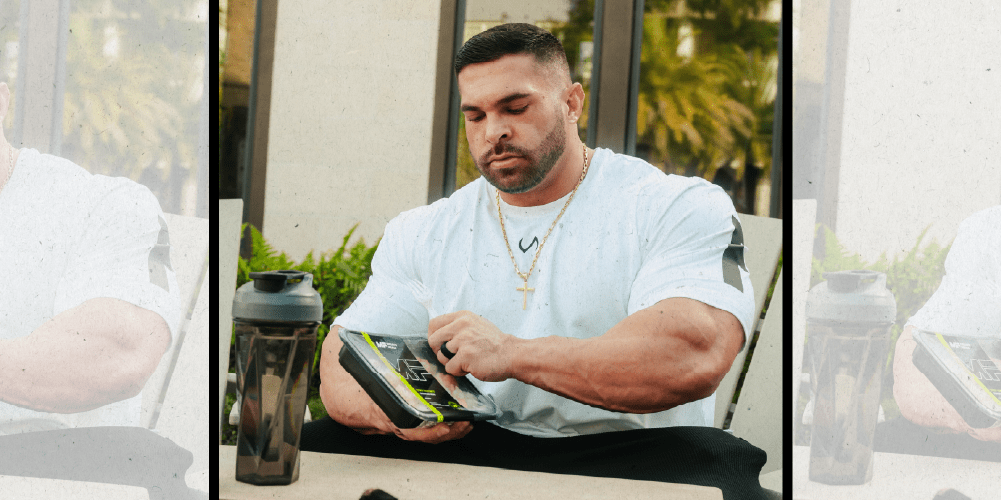Keto, vegan, low-carb, gluten-free, intermittent fasting … there is no shortage of diets out there. And the reasoning is simple: We’ve been trained to believe that in order to eat healthy, lose weight or achieve our fitness goals, we need to follow a set “diet.”
But what if we didn’t? What if you could ditch diets altogether, enjoy food more as opposed to believing certain ones were good/bad, and still be healthy or even become healthier?
Let us introduce you to intuitive eating.
At its core, intuitive eating is simply listening to your body and eating what feels right to you. No, that doesn’t mean eating ice cream for every meal (though, ice cream can be part of this lifestyle when done correctly. More on this in a bit). It just means tapping into your body’s natural ability to tell you when you’re hungry or satisfied, and getting rid of the various stigmas around food.
Traditional diets are often based around restrictions, be it certain types of foods, calories, times of day to eat, etc. They lump these things into the categories of “good” or “bad.” Thus, we then associate our actions with those same categories. If we follow the diet, we’re being “good,” but when we slip up, we’re being “bad.” Not exactly a great way to look at life is it, with your self-worth being tied to what you do and don’t eat? It only gets worse when you realize diets can contradict one another. What’s “good” in one diet can be labeled “bad” in another. You might think you’re being “good” with your diet, but then your friend’s diet says what you just ate is “bad.” Who is right?
In reality, neither. Good/bad is relative to the person.
When it comes to intuitive eating, there is no “good” or “bad.” There’s just understanding and acceptance of food, hunger, and your body/health. It’s taking the pressure and guilt off yourself to focus on foods and your relationship with said foods that work best for your overall physical and mental health.
So, how does it work?
Start by simply eating when you’re hungry and trusting your body to tell you when it’s hungry. Then, it’s paying attention to when you’re full, pausing from time to time while eating to tune into yourself, and again trusting your body to let you know when it feels satisfied and happy.
Happy is a big part of intuitive eating, actually, both in what you eat and how you eat. Depriving yourself of certain foods can trigger serious cravings and even lead to binge eating. Eating intuitively is about choosing foods that satisfy both your health needs (making your body and mind happy) and your taste buds (making them happy). Moderation is key.
Now, is intuitive eating the best way to achieve your weight goal? Maybe, maybe not. It’s more rooted in a positive mental state, letting go of the idea that you need to lose or gain weight so you can look a certain way or not eat to satisfy emotions like anxiety, loneliness, anger, or boredom. So, if you have an unhealthy relationship with food that has caused you to become over or underweight, then intuitive eating can certainly help with your weight goals.
Ultimately, intuitive eating is about making peace with food instead of fighting it and, in the process, ridding yourself of the guilt and pressures surrounding diets so you can be happier both mentally and physically. It may not be for everyone, but it definitely is something worth exploring for many.
- What’s in Season? June Produce Guide - June 3, 2025
- Why 10K steps a day is so important - May 19, 2025
- 3 Things Pro Athletes Know About Nutrition (and you should, too) - May 17, 2025








